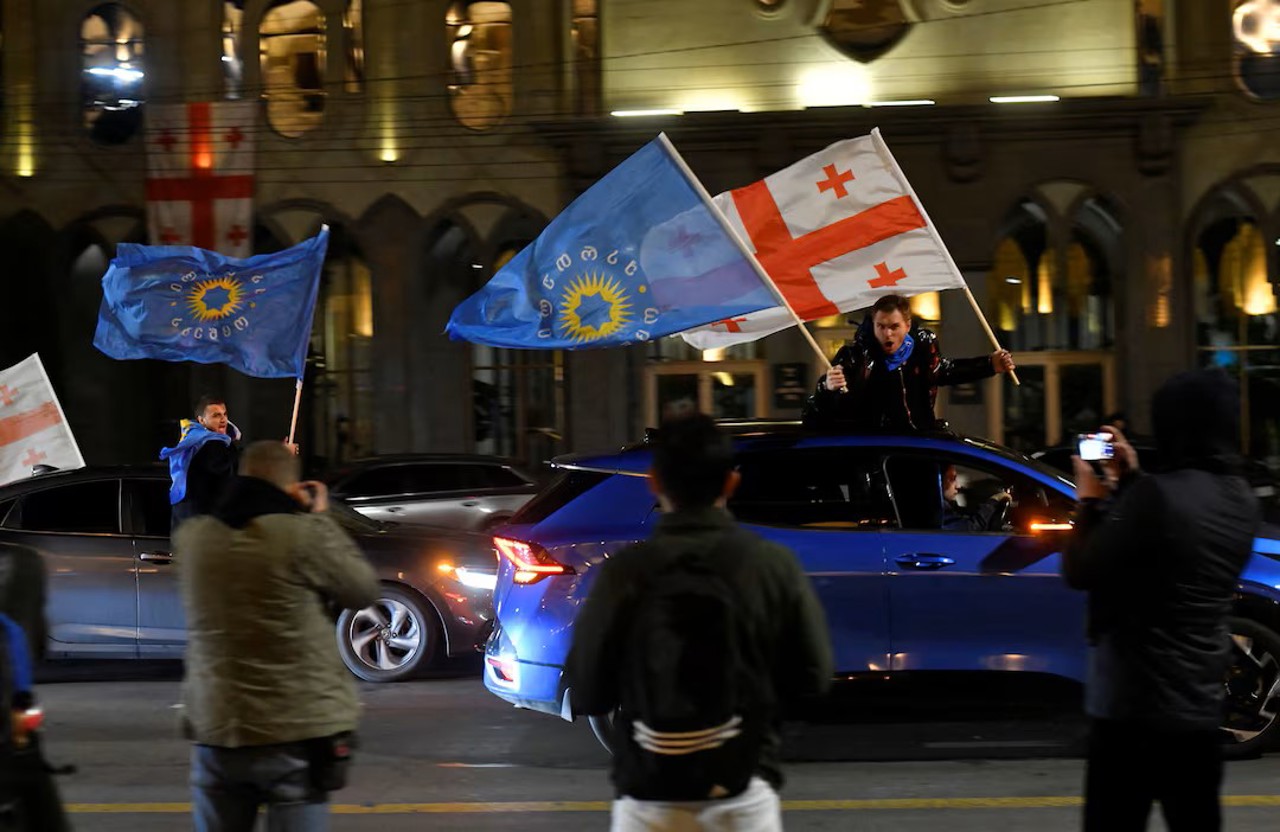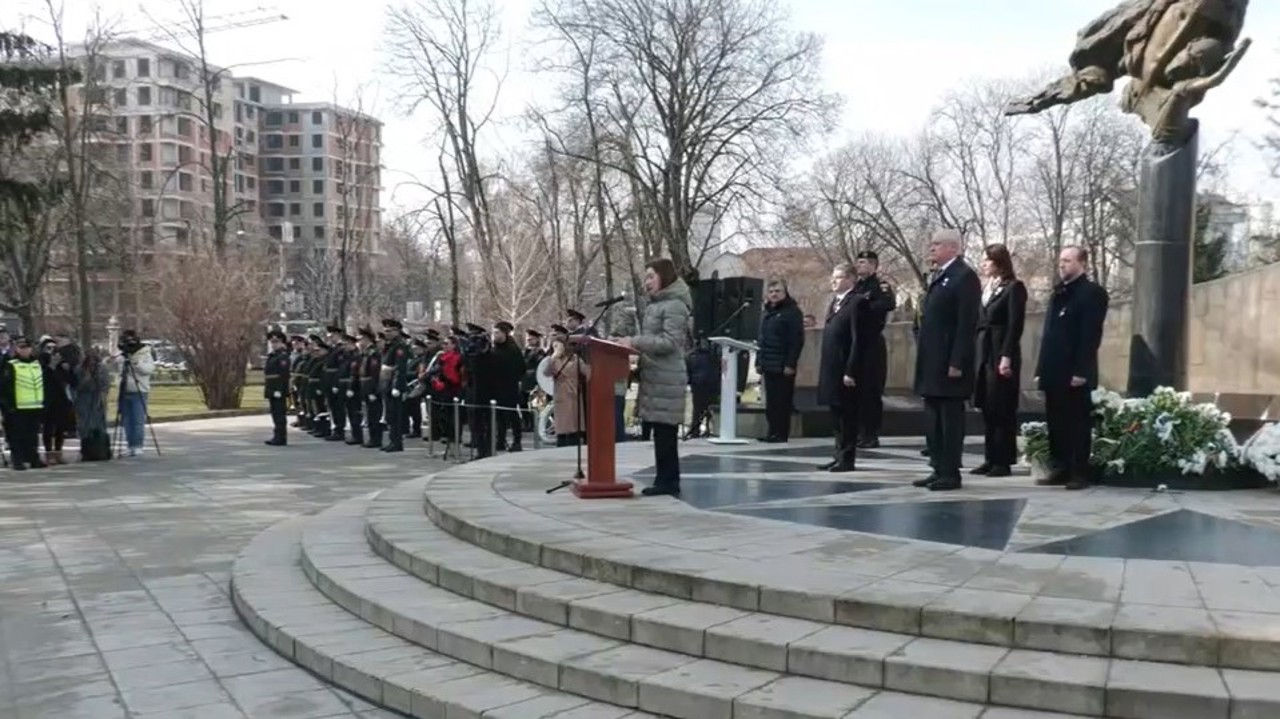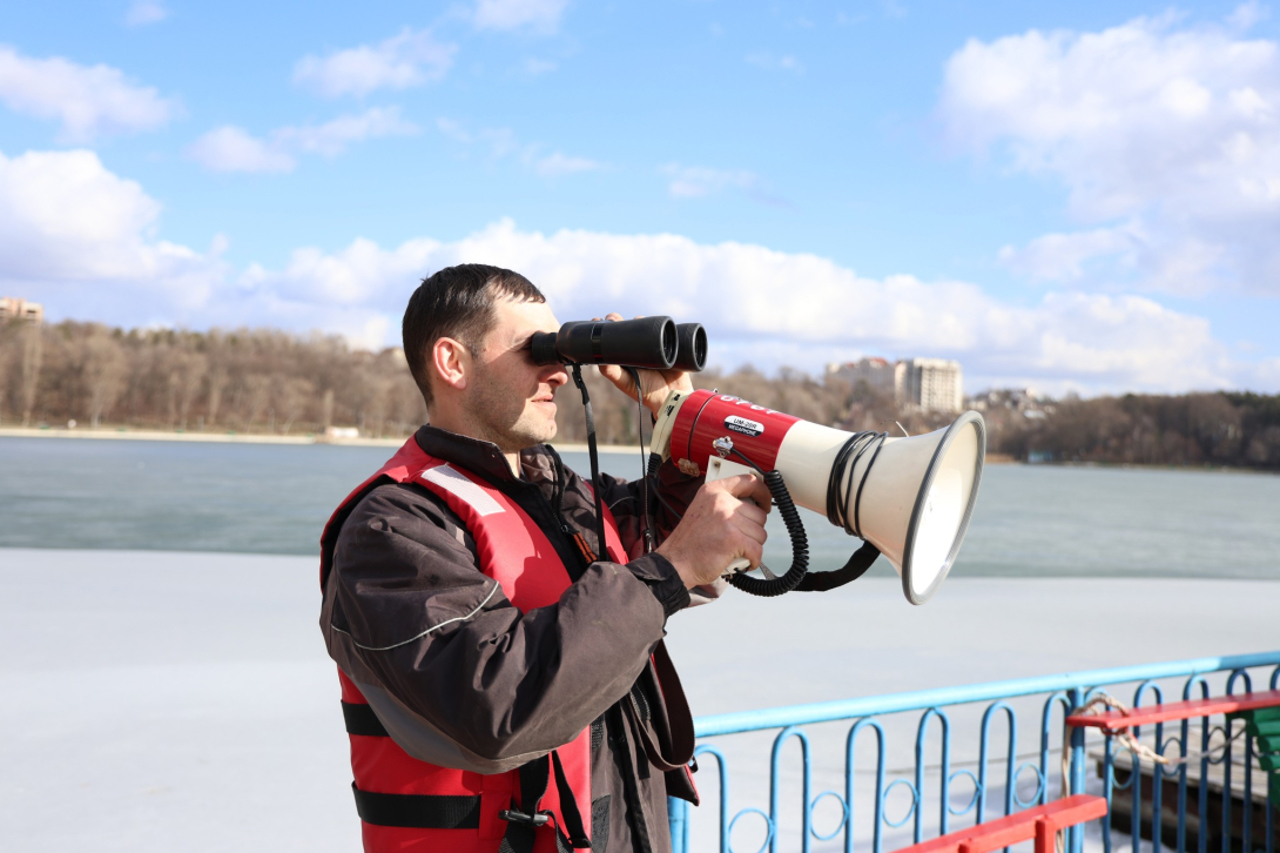Georgian Dream faces protests over disputed election results
Georgian President Salome Zurabishvili has called for public protests following the contentious parliamentary elections held on Saturday, which the opposition disputes and which the electoral commission declared as victories for the ruling party.
The Georgian Dream party officially secured nearly 54% of the vote; however, opposition parties have contested this result, citing significant irregularities as reported by election observers.
President Zurabishvili, a pro-Western leader, urged citizens to gather in the capital, Tbilisi, on Monday evening, stating, “We must demonstrate to the world that we do not recognize these elections.” The Georgian Dream party, now poised for a fourth consecutive term, is set to win 89 seats in parliament, a decrease from the 90 seats obtained in 2020, while the four pro-Western opposition parties collectively secured 61 seats.
Following an emergency meeting late Saturday night, three out of the four opposition coalitions announced their refusal to acknowledge the election results, alleging widespread fraud. Nika Gvamaria, a prominent opposition figure, proclaimed, “This is a constitutional coup; the rulers have stolen the elections. This is not Russia; this is Georgia.”
Notably, Hungarian Prime Minister Viktor Orban was the first foreign leader to extend congratulations to the Georgian Dream party before the official results were disclosed. While opposition parties had anticipated that a high voter turnout would favour them, the turnout exceeded 2 million voters, representing 59% of the electorate—the highest since Georgian Dream assumed power in 2012. However, the party fell short of its goal to achieve a constitutional majority of 113 seats. Preliminary figures suggest that Georgian Dream may secure fewer than 90 seats, thereby hindering its capacity to fulfil extreme campaign pledges, including a proposed ban on opposition parties on the grounds that they instigated Russia's 2008 invasion of Georgia.
Reports from three independent monitoring missions, including the 57-nation Organisation for Security and Cooperation in Europe (OSCE), indicated multiple election violations, such as ballot stuffing, bribery, voter intimidation, and violence near polling stations. While these alleged violations could potentially influence the election outcome, the organisations refrained from categorising the results as fraudulent. A similar scenario unfolded in Moldova, where a referendum was validated despite being won by pro-European forces.
European Council President Charles Michel announced that the leaders of the EU's 27 member states would evaluate the situation and determine subsequent steps in their relations with Georgia during a meeting in Budapest scheduled for early next month. The European Union had previously cautioned that Georgia's prospects for future membership would be contingent upon the integrity of the recent elections. Georgia, alongside Moldova and Ukraine, holds EU candidate status but has yet to receive approval to commence accession discussions—a process complicated by the presence of a pro-Russian government. Although NATO membership was promised to Tbilisi in 2008, the occupation of Abkhazia and South Ossetia by Russian forces and the election outcome have rendered this prospect increasingly elusive.
The election was not only deeply polarising within Georgia but also closely monitored internationally, as it represented a significant juncture in the country's post-Soviet trajectory. Reports from election observers indicated numerous instances of physical confrontations outside polling stations, coupled with various forms of voter intimidation. Allegations arose regarding the ink used to mark voters’ fingers to prevent double voting, with claims that the ink faded quickly or that polling officials permitted previously marked voters to cast ballots again. The monitoring group Georgian Young Lawyers' Association issued a preliminary assessment citing violations of ballot secrecy, physical violence, intimidation of observers and journalists, and instances of illegal campaigning.
Author: Dan Alexe




